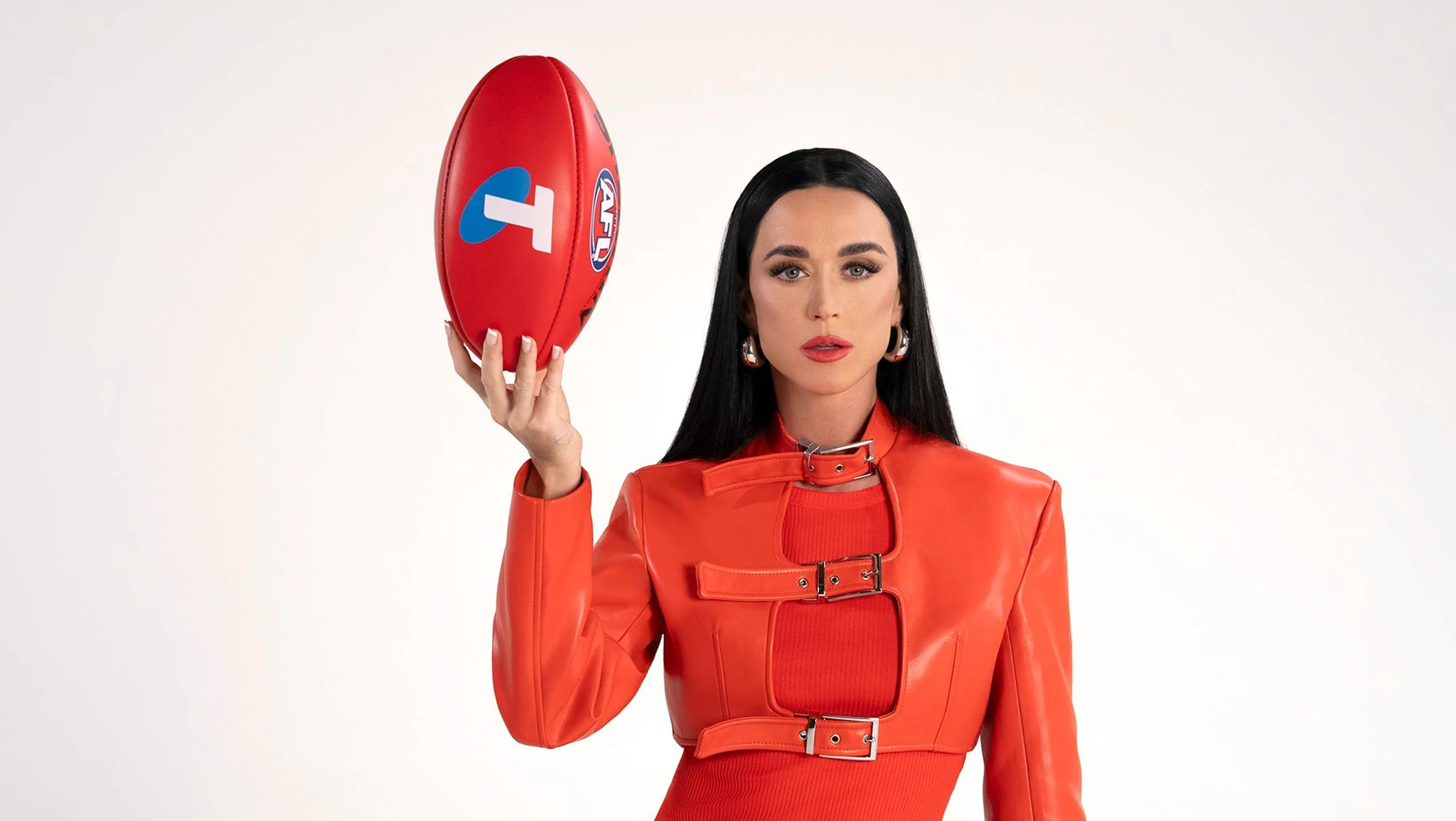[mkdf_dropcaps type=”normal” color=”#f55549″ background_color=””]I[/mkdf_dropcaps]
n an exclusive interview with Ministry of Sport, Optus director of sport, Richard Bayliss, discussed the importance of adding both quality and quantity to broadcast offerings, in anticipation of the start of the 2020/21 English Premier League season this weekend.
“For us we want to keep adding content and evolving and enhancing the experience for our viewers at any point, and the way you do that is not only by offering quality experience, but adding more as well,” Bayliss told Ministry of Sport.
“More variety of content is important.
“At the moment, we are really proud of that variety as well; while some watch live matches, others watch it on demand, others like the feature material and the documentaries as well.
“I think for us it’s very important we continue by adding quality and quantity to what we do.
“Hopefully by adding a couple new shows as well this season, not only redoing our pre-game studio coverage, but also adding a women’s football show, which started this week, we hope to add value within the competitions we already have by providing more content and better content.
We think about that stuff every day and every week and we hope to add more as we go along.
“We’re doing a lot of stuff live over social as well because we want to give viewers that interaction,” he said.
When asked about how the Premier League season will look on Optus Sport without fans in attendance at games, at least for the first few months, Bayliss said England’s top-flight will find a way to prove itself as “the best football league in the world”.
“It’s certainly different, the English Premier League and any football around the world has for so long been built on the passion of fans, and while the passion is absolutely still there, it’s not as visual now or as vocal in the stadium,” Bayliss said.
“Last year we had the option for viewers to watch either with simulated crowd audio or without and we will continue that this season.
“We found the majority of people chose to have the simulated crowd effects, their focus is on the match and soon enough into the game, you become quite used to that, and other leagues have done that really, not just in Europe but in Australia as well.
“A lot of broadcasters have really improved the experience of that simulated crowd noise.
“That’s one aspect of it, giving viewers the option is really important.
“Some people like the fact you can hear the noises from the pitch, whether that’s the hitting of the ball, the players yelling out to each other, or the managers, that organic sound is also really cool, so maybe we’ll look at those types of things beyond this period.
“We’re hoping the crowds come back really soon though and the plan for the Premier League is for fans to come back in the first few months, once they come back, we will be on the way to getting the product as we know fine-tuned and flying again.
“We love the fact we have so many premier league viewers tuning in every week and our focus is on making sure we have the best product we can for them.
“The crowds might not be back yet, but when you look at the spending of the clubs heading into the season and the quality of players on show, there’s no doubt the football itself will again prove why the Premier League is the best football league in the world,” he said.
With the Premier League affected, like all other sporting competitions around the world by the COVID-19 global pandemic, Bayliss said Optus Sport has learnt a lot of lessons on how to put an effective and complete broadcast package together.
“For us, this season will not only be about the continuation of what we’ve built over previous seasons, but also an evolution by trying to add as many new elements for our viewers as possible,” Bayliss said.
“Obviously COVID-19 has thrown a spanner in the works when it comes to a lot of the elements of broadcasting, but I feel like we have learnt a lot of lessons when it comes to broadcast workflows and how to optimise the experience as best we can for the viewers…
“We’ve already learnt an awful lot over the past few months regarding broadcast productions and efficiencies, and differing workflows to achieve great content, but doing it in a way that caters for this unique scenario we’ve had to deal with.
“Our studio programming as an example has done work with new partners we haven’t worked with before.
“We’re finding efficiencies behind the scenes in terms of how you staff and how you can do it remotely, quite a few of our broadcast and production staff are still working remotely despite the fact we have a studio production.
“We have editors cutting mini-matches and highlights, and we have an on-site presence at the games, but that doesn’t mean some people can’t work remotely from home.
“It’s a largely remote-based workflow across the board now because of COVID-19, and what that created is a scenario where we can actually create live content, whether its across Optus Sport or our social channels, where a director, produce or graphics operator can work from their home, which is really cool because its about creating an efficiency while still creating the end product,” he said.





